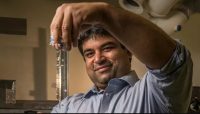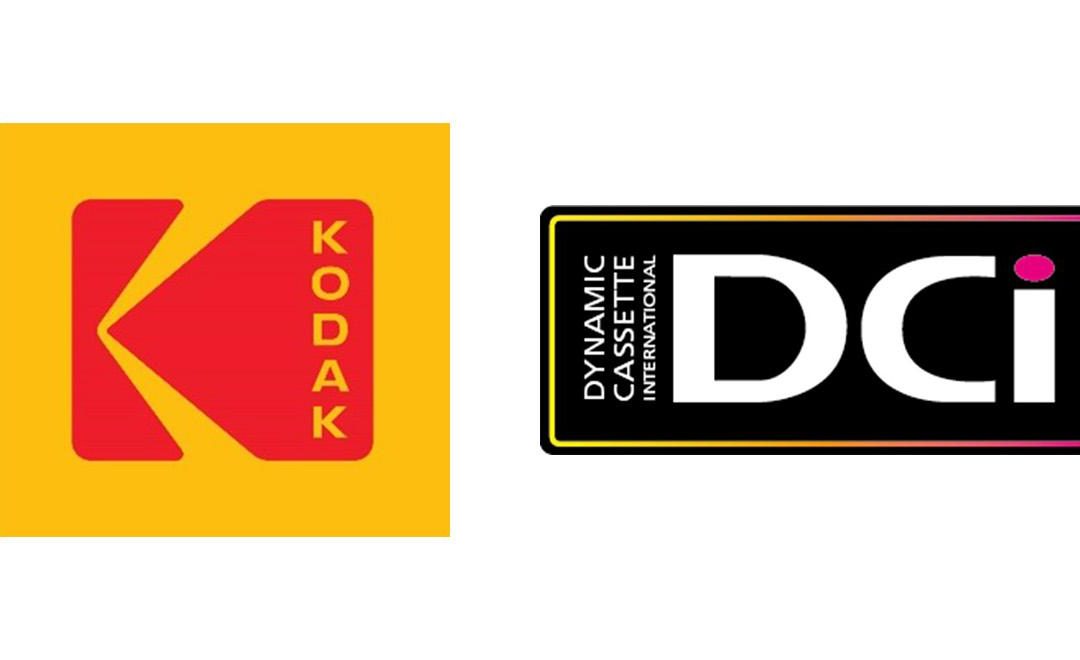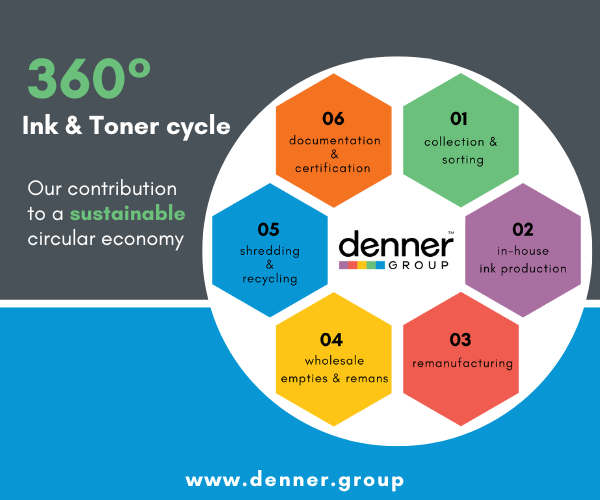
Dr. Mazher Mohammed (Credit: Scott McNaughton, Sydney Morning Herald)
The island nation has played host to a new concept, which uses solar power and plastic waste to bring disaster relief.
A doctor from Yorkshire has begun a project aimed at helping disaster recovery teams in the Solomon Islands, through the use of 3D ‘ecoprinters’ and plastic waste, reports All3DP.
Extreme weather, such as cyclones, is typical for the South Pacific nation, where one in five of the population lacks access to safe drinking water. Coupled with this, the country has an abundance of plastic waste, giving Dr. Mazher Mohammed an idea for combining solutions to the two problems.
Working with a team from charity Plan International, and Deakin University, of Victoria, Australia, Mohammed is using 3D printers, built from materials found at local dumps, to print the parts necessary for aid workers to make repairs to the islands’ infrastructure; he is also using plastic waste found on the island as his materials, in what he terms “ecoprinting.” To further enhance the concept’s environmental credentials, the whole printer is solar-powered.
The concept of using 3D printers for emergency relief in disaster zones is not a new one – recent instances of their use in Haiti and Nepal are two examples. But as Plan International’s Programme Manager Tom Rankin explains, it comes at a cost.
“When government or charities go and do maintenance in these remote towns,” Rankin elaborates, “You often get out there and don’t have the specific parts you need in the right sizes. And the travel to these sites, it makes it really expensive. These waterpipe parts have been prohibitively expensive in the Solomons.”
The 3D printers that were deployed in Haiti and Nepal required specialised plastic to be sent and used in them, but with Mohammed’s initiative, using waste plastic could lower the costs, as well as helping promote the recycling of waste.
Beginning his work in the town of Visale, in West Guadalcanal, Mohammed started by improving the town’s main water pipe, which locals had initially constructed using whatever materials were to hand – including bamboo, plastic piping, and old bicycle tyres. As a result, it leaked in multiple places.
Mohammed began scavenging as much plastic waste as he could find, which the team then ground down into fine pellets which could be used with the 3D printer. Mohammed explained: “We wanted it to be rough and ready, and see if we could do it in real circumstances. You grind the plastic, throw it in the machine, feed it through, and then the printer just takes care of the rest of it.”
It hasn’t always been an easy process, of course, with Mohammed also describing his attempts to print parts whilst caught in a cyclone in January.
“All the stuff around me was just flying around,” he relates, “and I’m holding this printer down as it’s printing out the part we needed to fix the pipe. But a Yorkshire man never worries!”
Buoyed by its initial success, the team is now looking at how to commercialise the printers, for less than $10,000 (€8,000) per unit. Their goal is to eventually compile a built-in parts library, meaning users would only have to feed in the ground-down plastic waste and choose a print.









